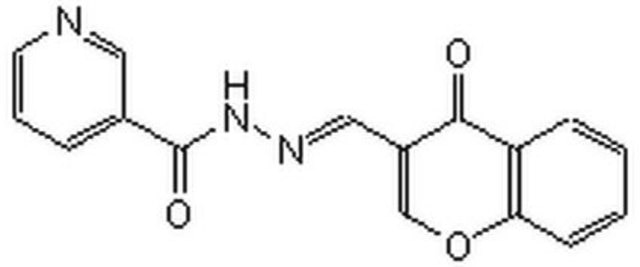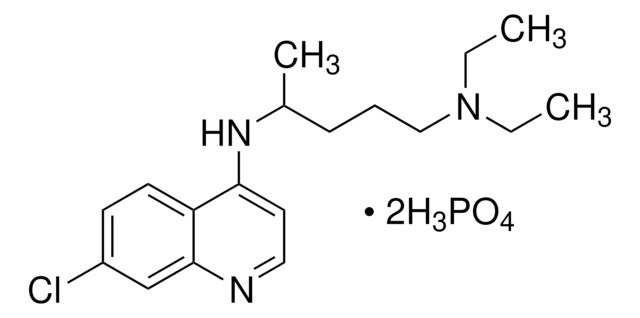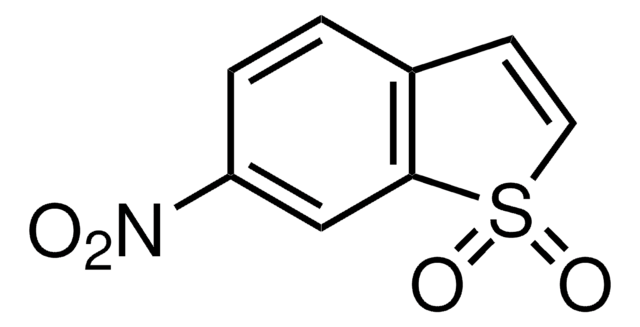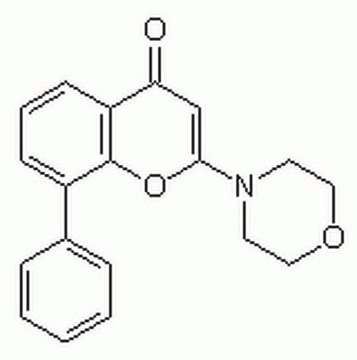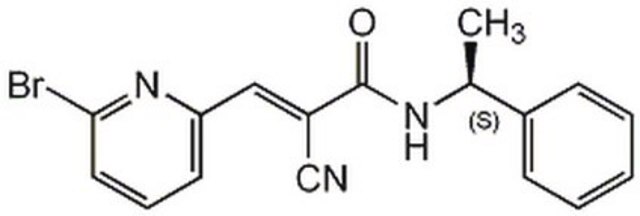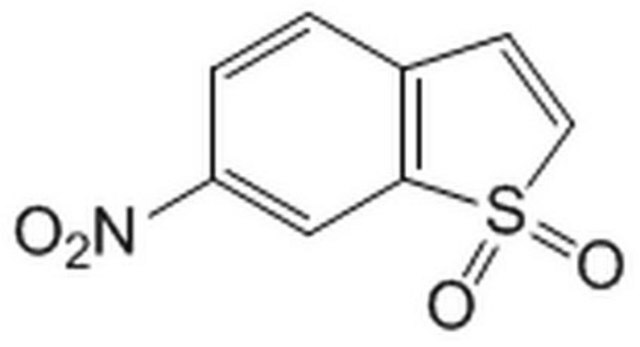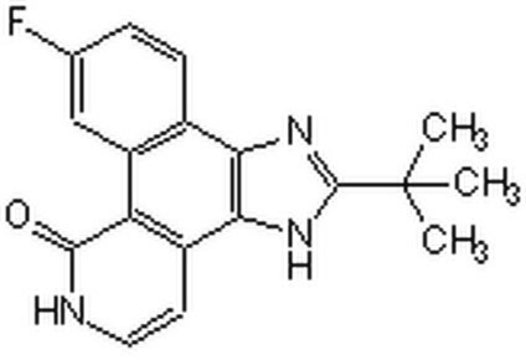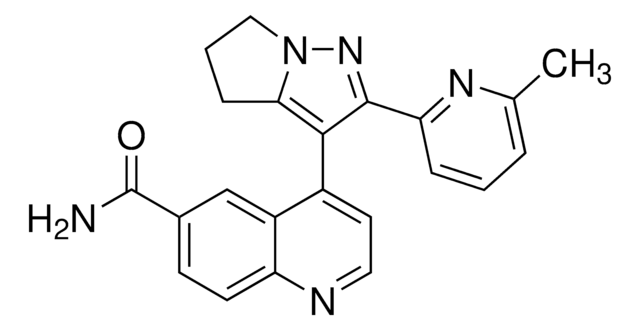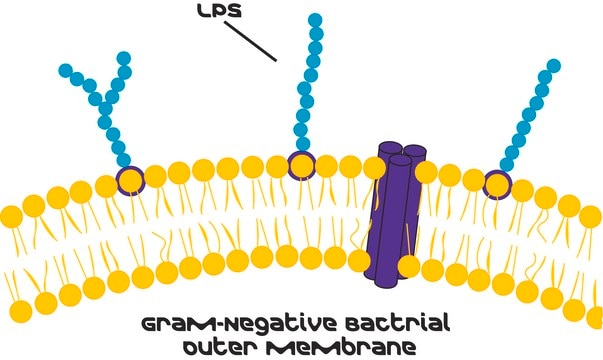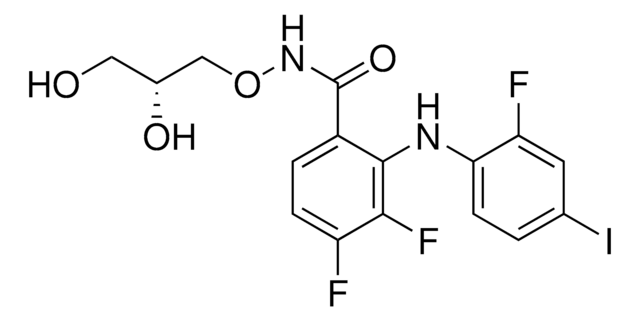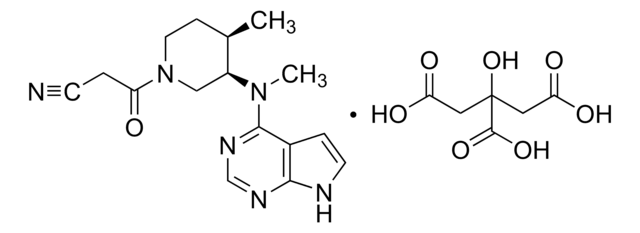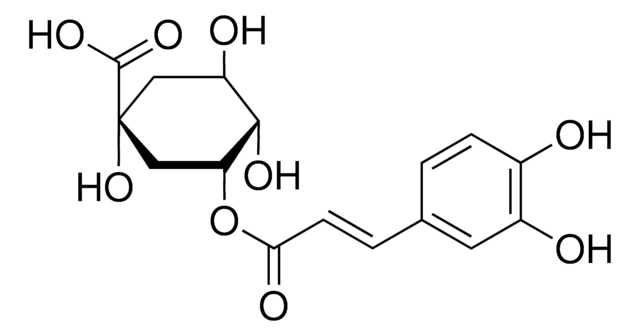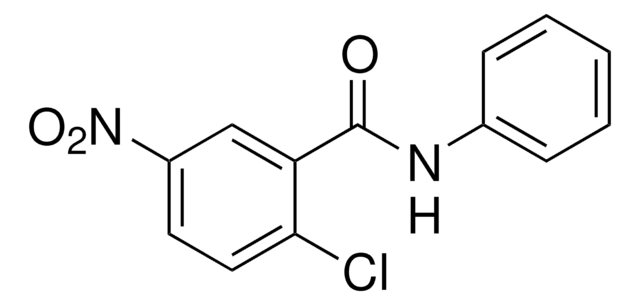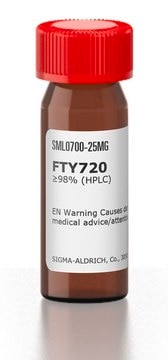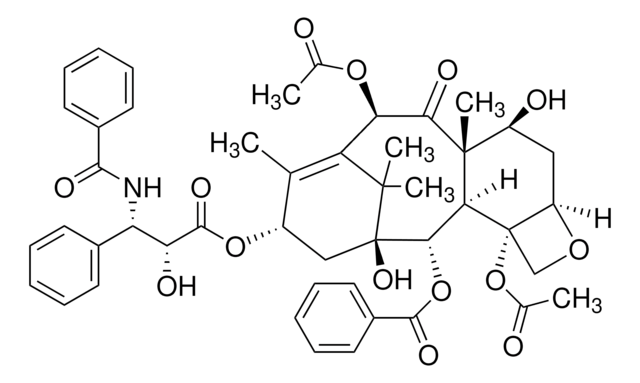SML1906
AS1517499
≥98% (HPLC)
Synonym(s):
2-[[2-(3-Chloro-4-hydroxyphenyl)ethyl]amino]-4-[(phenylmethyl)amino]-5-pyrimidinecarboxamide, 4-(Benzylamino)-2-{[2-(3-chloro-4-hydroxyphenyl)ethyl]amino}pyrimidine-5-carboxamide
About This Item
Recommended Products
Quality Level
assay
≥98% (HPLC)
form
powder
color
white to beige
solubility
DMSO: 20 mg/mL, clear
storage temp.
2-8°C
SMILES string
ClC1=CC(CCNC2=NC=C(C(N)=O)C(NCC3=CC=CC=C3)=N2)=CC=C1O
InChI
1S/C20H20ClN5O2/c21-16-10-13(6-7-17(16)27)8-9-23-20-25-12-15(18(22)28)19(26-20)24-11-14-4-2-1-3-5-14/h1-7,10,12,27H,8-9,11H2,(H2,22,28)(H2,23,24,25,26)
InChI key
OZRMEKAUZBKTTC-UHFFFAOYSA-N
Related Categories
Biochem/physiol Actions
wgk_germany
WGK 3
flash_point_f
Not applicable
flash_point_c
Not applicable
Certificates of Analysis (COA)
Search for Certificates of Analysis (COA) by entering the products Lot/Batch Number. Lot and Batch Numbers can be found on a product’s label following the words ‘Lot’ or ‘Batch’.
Already Own This Product?
Find documentation for the products that you have recently purchased in the Document Library.
Customers Also Viewed
Our team of scientists has experience in all areas of research including Life Science, Material Science, Chemical Synthesis, Chromatography, Analytical and many others.
Contact Technical Service